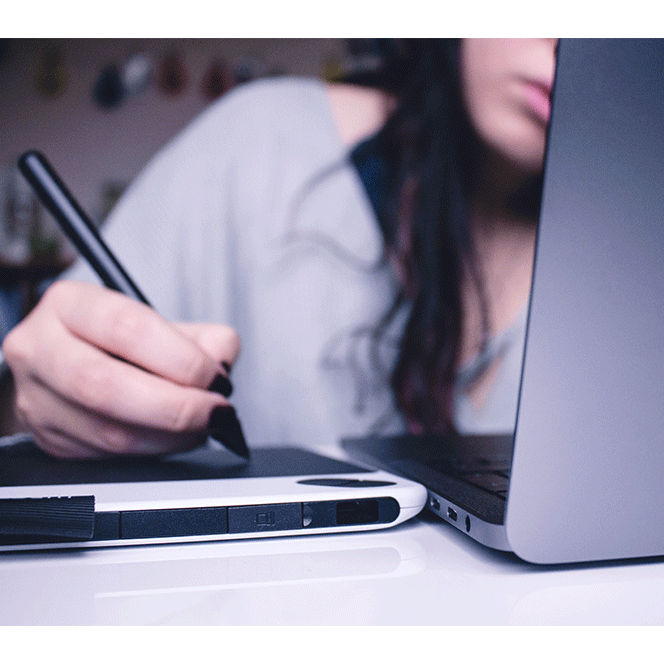Women are more stressed than men when their employment hours are split into different sections during the day, such as with flexitime and working from home, new research shows.
Zhuofei Lu, of the University of Manchester, analysed survey data recorded during the pandemic in 2020-2021 on 620 British men and women, 40% of whom had children.
Participants were asked to record what they were doing their activities in 10-minute episodes across one, two or three days, and how time-pressured they felt, on a scale of 1 to 7.
From this it was possible to correlate how stressed interruptions to work-time – either because of flexitime or interruptions to working from home – made people feel.
Mr Lu told the British Sociological Association’s annual conference in Manchester today [Wednesday 12 April] that if men had to break off from work during the day, they showed little signs of increased stress. Their stress rating rose from 3.5, if there was one interruption, to 3.7, if there were four.
Women, on the other hand, recorded a rise from 3.2 if there was one interruption, to 4.1 if there were four, an increase of 28%, he said.
Further analysis showed that the stress level of men without children actually fell from 3.4 to 3.1 (a drop of 9%) if the number of interruptions to work-time rose from 1 to 4. If they had children living with them, the level rose from 3.7 to 4.2 (14%).
This could be explained by childless men taking a break from work to do something pleasurable, whereas fathers needed to stop to attend to their children.
Women’s stress levels rose in a similar amount as the number of worktime breaks increased whether they had children or not. This can be explained by women having to do domestic tasks whether they were mothers or childless.
Mr Lu adjusted the raw data to compare people with similar age, income, class, education and other factors so that the effects of interruptions to work could be studied in isolation.
“As for women, the influence of work time fragmentation on subjective time pressure was less pronounced among mothers than among women without children,” Mr Lu told the conference.
“Mothers are more mentally adaptable to the increased domestic work after giving birth due to the changes in their gender role attitudes.
“This study also finds that work time fragmentation led to more subjective time pressure among fathers than among men without children.
“By contrast, men without children reported less subjective time pressure when their work time became more fragmented.”
- The research used data from UK Time Use Survey. Respondents were asked to rate their subjective time pressure on a 7-point Likert Scale in answer to the question ‘How are your feelings of time pressure on [this] diary day?’, which ranged from 1 (not time pressured) to 7 (very time pressured). Mr Lu is a PhD candidate at the University of Manchester.
For more information, please contact:
Tony Trueman
British Sociological Association
Tel: 0044 (0)7964 023392
tony.trueman@britsoc.org.uk
Notes:
- The British Sociological Association’s annual conference takes place at the University of Manchester from 12 to 14 April 2023. Around 500 research papers are presented. The British Sociological Association’s charitable aim is to promote sociology. It is a company limited by guarantee, registered in England and Wales. Company Number: 3890729. Registered Charity Number 1080235 www.britsoc.co.uk
- The University of Manchester is recognised globally for its pioneering research, outstanding teaching and learning, and commitment to social responsibility. The Russell Group institution is ranked the 6th best university in the UK and 38th in the world (Academic Ranking of World Universities). A truly international university, its community includes more than 44,000 students, 12,000 staff, and 500,000 alumni from 190 countries. Together, they are tackling the world’s biggest challenges – the University’s social and environmental impact is ranked in the top ten globally (Times Higher Education Impact Rankings). The university is a powerhouse of research and discovery; 25 Nobel laureates are among its former staff and students; and it was ranked fifth for research power – the quality and scale of research and impact – in the UK government’s Research Excellence Framework (REF) 2021. The institution is the most popular in the UK for undergraduate applications (UCAS 2021 cycle), and it is the most targeted university by the UK’s leading employers (The Graduate Market, 2023). Learn more at www.manchester.ac.uk.


